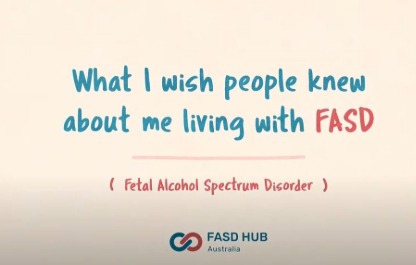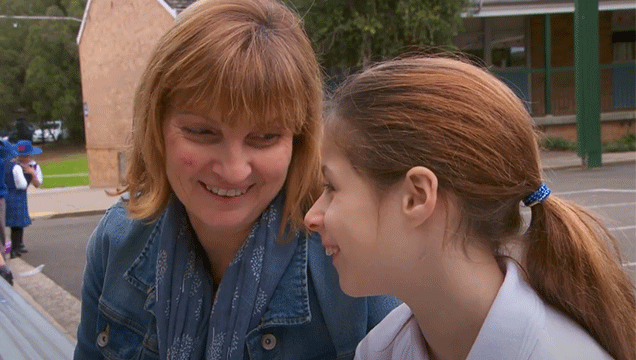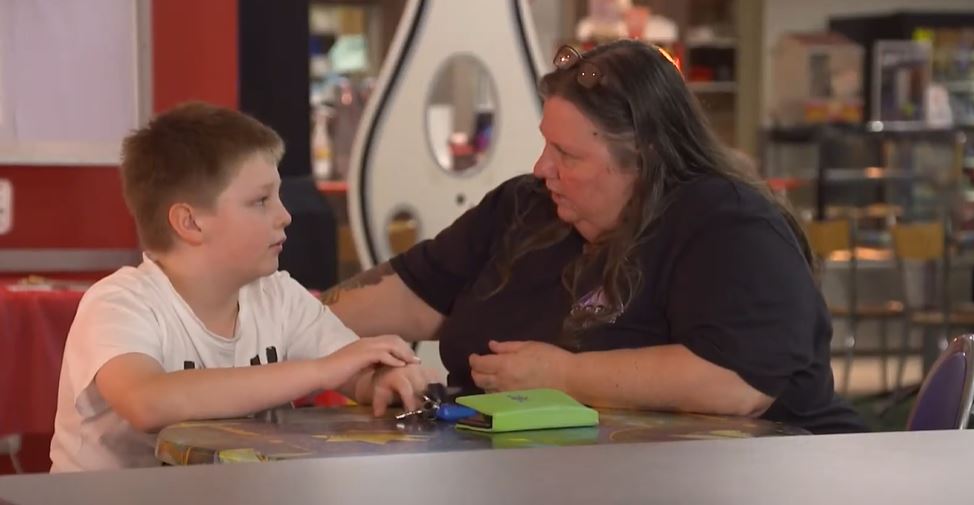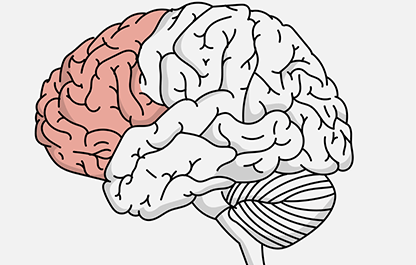Fetal Alcohol Spectrum Disorder (FASD) is a lifelong disability caused by exposure to alcohol before birth. It is the most common preventable non-genetic cause of developmental disability in Australia.
When alcohol is consumed during pregnancy it crosses the placenta, interrupting the normal development of the baby’s brain and other organs. ‘FASD’ is the diagnostic term for the severe neurodevelopmental impairments that result from brain damage caused by alcohol exposure before birth.
People with FASD can have a range of challenges with physical activities, communication, memory, executive function, learning and behaviour. It is a ‘spectrum’ because there is a wide variation in the type and severity of impairments people experience.
Although the use of ‘fetal’ may imply that it only relates to babies, the effects of FASD may not be seen at birth. It is a lifelong condition and can be diagnosed in children, young people and adults.
It is important to note that FASD is only one part of a person’s identity. People with FASD have the same hopes and fears as others. They have families who love them and friends they cherish. They have strengths and difficulties as we all do.








